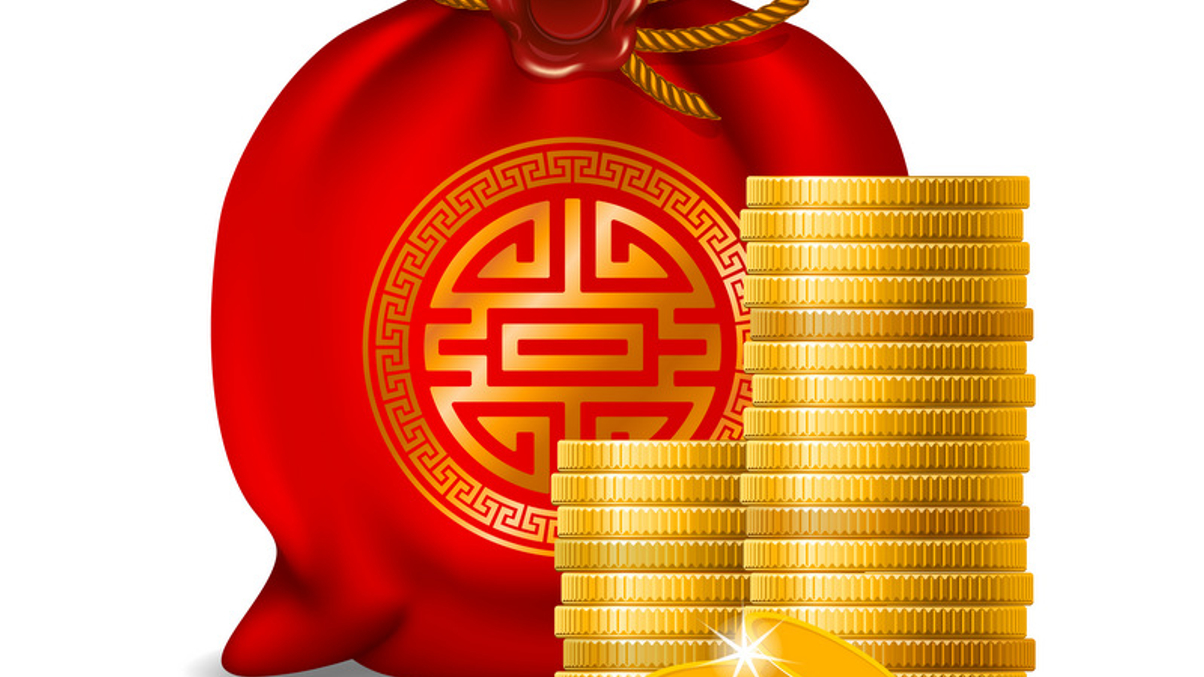Year of the Ox outlook: Will HK and Shanghai’s bourses break fund-raising records?
For AsianInvestor's latest Year of the Ox outlook, we ask whether Hong Kong or Shanghai bourses could replace Nasdaq as the biggest site of equity fundraising in 2021.

Every Chinese New Year, AsianInvestor makes 10 predictions about developments that will affect global financial markets and the portfolios of Asian investors, especially asset owners. Today we consider whether the bourses of Hong Kong and Shanghai could enjoy a bumper year on top of strong performance in 2020, and lead the world for IPO volumes.
Sign in to read on!
Registered users get 2 free articles in 30 days.
Subscribers have full unlimited access to AsianInvestor
Not signed up? New users get 2 free articles per month, plus a 7-day unlimited free trial.
¬ Haymarket Media Limited. All rights reserved.


